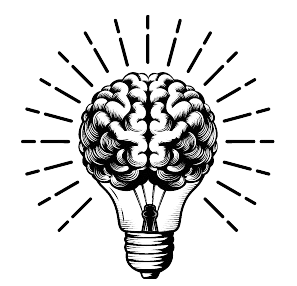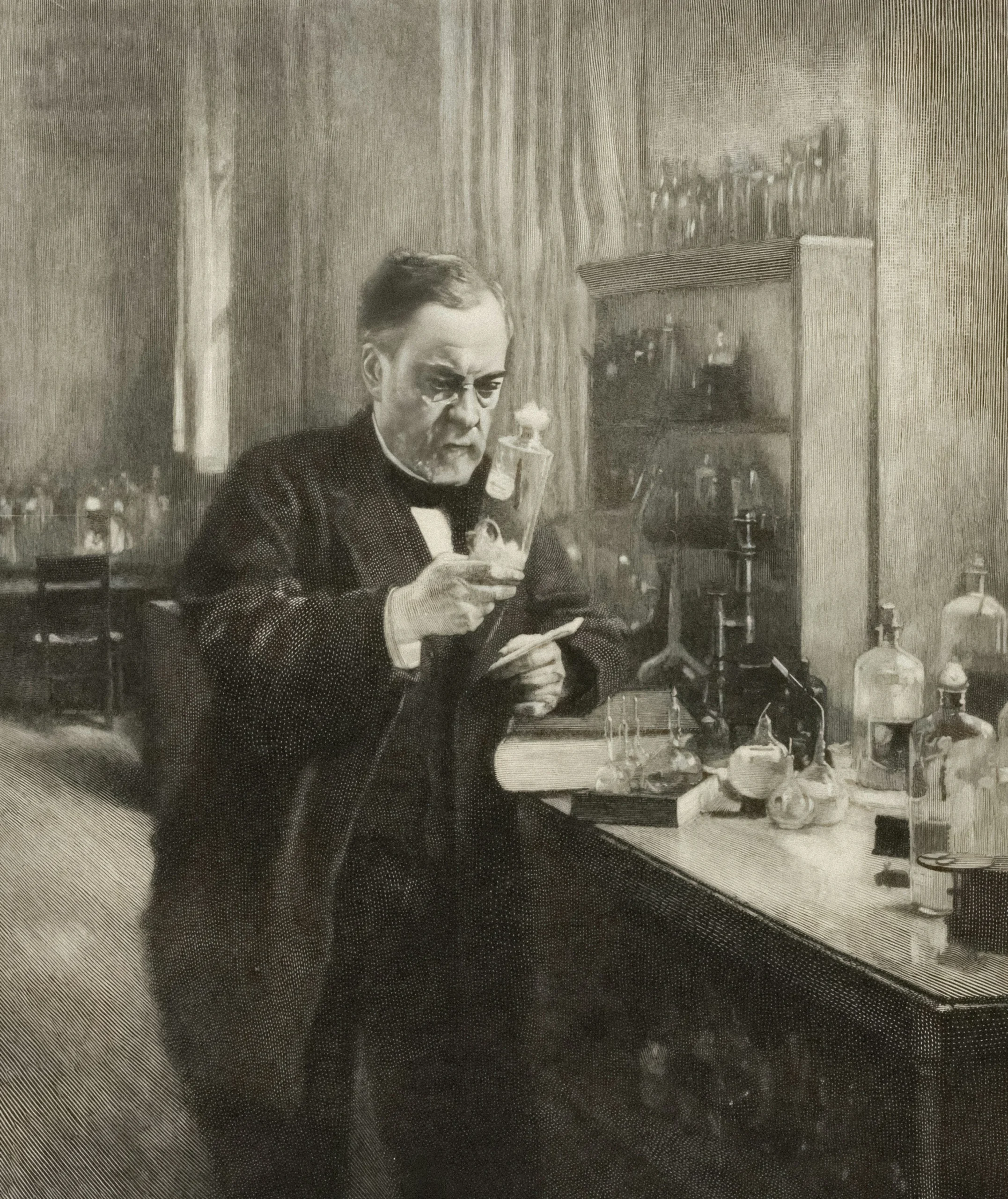Analytic philosophy has significantly influenced modern thought across various disciplines, shaping contemporary perspectives on language, science, ethics, and more. This blog post explores the profound impact of analytic philosophy, drawing on insights from notable philosophers and examining its contributions to modern intellectual life.
The Foundations of Analytic Philosophy
Analytic philosophy emerged in the late 19th and early 20th centuries as a response to the prevailing idealist and speculative traditions. It sought to bring clarity, precision, and rigor to philosophical inquiry through the use of formal logic, linguistic analysis, and a focus on argumentation. Key figures such as Gottlob Frege, Bertrand Russell, and Ludwig Wittgenstein laid the groundwork for this movement, which has since become a dominant force in contemporary philosophy.
Influences on Philosophy of Language
Analytic philosophy has profoundly impacted the philosophy of language, transforming how we understand meaning, reference, and communication.
1. Gottlob Frege and Logical Semantics
Frege’s work on the distinction between sense (Sinn) and reference (Bedeutung) in his essay “On Sense and Reference” (1892) provided a foundation for modern semantics. His ideas influenced subsequent philosophers, including Russell and Wittgenstein, and helped establish the importance of formal logic in analyzing language.
2. Bertrand Russell and the Theory of Descriptions
Russell’s theory of descriptions, presented in his 1905 paper “On Denoting,” offered a solution to problems of reference in natural language. By distinguishing between the logical form of a sentence and its grammatical structure, Russell clarified how language represents the world, influencing both philosophy and linguistics.
3. Ludwig Wittgenstein and Language Games
Wittgenstein’s later work, particularly in “Philosophical Investigations” (1953), shifted the focus to ordinary language use. He introduced the concept of language games, emphasizing the contextual and pragmatic aspects of meaning. This approach has influenced various fields, including cognitive science, linguistics, and sociolinguistics.
“The Birth of Analytic Philosophy: From Logic to Language and Beyond”
Contributions to Epistemology
Analytic philosophy has made significant contributions to epistemology, the study of knowledge, belief, and justification.
4. Edmund Gettier and the Analysis of Knowledge
Edmund Gettier’s 1963 paper “Is Justified True Belief Knowledge?” challenged the traditional definition of knowledge as justified true belief. Gettier’s counterexamples sparked extensive debate and led to the development of more nuanced theories of knowledge, influencing epistemologists like Alvin Goldman and Robert Nozick.
5. Alvin Goldman and Reliabilism
Goldman’s theory of reliabilism, which emphasizes the reliability of cognitive processes in producing true beliefs, has become a central topic in contemporary epistemology. His work bridges analytic philosophy with cognitive science, offering insights into how humans acquire and justify knowledge.
Advances in Ethics and Political Philosophy
Analytic philosophy has also reshaped ethical and political thought, providing rigorous frameworks for understanding moral and political issues.
6. John Rawls and the Theory of Justice
John Rawls’ “A Theory of Justice” (1971) introduced the concept of justice as fairness, proposing principles of justice that would be chosen under a hypothetical social contract. Rawls’ use of logical argumentation and thought experiments, such as the “original position” and the “veil of ignorance,” has had a lasting impact on political philosophy and discussions of distributive justice.
7. Peter Singer and Applied Ethics
Peter Singer’s work in applied ethics, particularly his advocacy for animal rights and effective altruism, exemplifies the practical application of analytic philosophy. Singer’s rigorous arguments and utilitarian framework have influenced debates on moral issues, encouraging a more analytical approach to ethics.
Influence on Science and Logic
Analytic philosophy’s emphasis on logic and scientific methodology has bridged the gap between philosophy and the natural sciences.
8. Karl Popper and the Philosophy of Science
Karl Popper’s philosophy of science, particularly his criterion of falsifiability, has shaped contemporary scientific methodology. Popper argued that scientific theories should be testable and refutable, influencing the development of the scientific method and demarcation criteria in science.
9. Willard Van Orman Quine and the Critique of Logical Positivism
Quine’s critique of logical positivism, especially in his paper “Two Dogmas of Empiricism” (1951), challenged the analytic-synthetic distinction and the notion of a clear-cut boundary between empirical and a priori knowledge. Quine’s holistic view of knowledge and his emphasis on the interplay between theory and observation have influenced both philosophy and the philosophy of science.
Contemporary Relevance and Interdisciplinary Impact
Analytic philosophy continues to influence modern thought by fostering interdisciplinary collaboration and addressing contemporary issues.
10. Philosophy of Mind and Cognitive Science
Analytic philosophy has significantly impacted the philosophy of mind, with philosophers like Daniel Dennett and David Chalmers exploring issues of consciousness, intentionality, and artificial intelligence. Their work bridges philosophy with cognitive science, neuroscience, and artificial intelligence research.
11. Political and Social Philosophy
Analytic philosophy’s methods have been applied to contemporary political and social issues, including debates on justice, human rights, and global ethics. Philosophers like Martha Nussbaum and Amartya Sen have used analytic techniques to address issues of global justice, human capabilities, and development.
Conclusion
Analytic philosophy has profoundly influenced modern thought, shaping the fields of language, epistemology, ethics, science, and beyond. Through its emphasis on clarity, precision, and rigorous argumentation, analytic philosophy has provided valuable frameworks for understanding complex issues and fostering interdisciplinary collaboration. The contributions of philosophers like Frege, Russell, Wittgenstein, Rawls, and Singer continue to resonate in contemporary debates, demonstrating the enduring impact of analytic philosophy on modern intellectual life.
References
- Frege, Gottlob. “On Sense and Reference,” 1892.
- Russell, Bertrand. “On Denoting,” 1905.
- Wittgenstein, Ludwig. “Philosophical Investigations,” 1953.
- Gettier, Edmund. “Is Justified True Belief Knowledge?” 1963.
- Goldman, Alvin. “Epistemology and Cognition,” 1986.
- Rawls, John. “A Theory of Justice,” 1971.
- Singer, Peter. “Animal Liberation,” 1975.
- Popper, Karl. “The Logic of Scientific Discovery,” 1934.
- Quine, Willard Van Orman. “Two Dogmas of Empiricism,” 1951.

